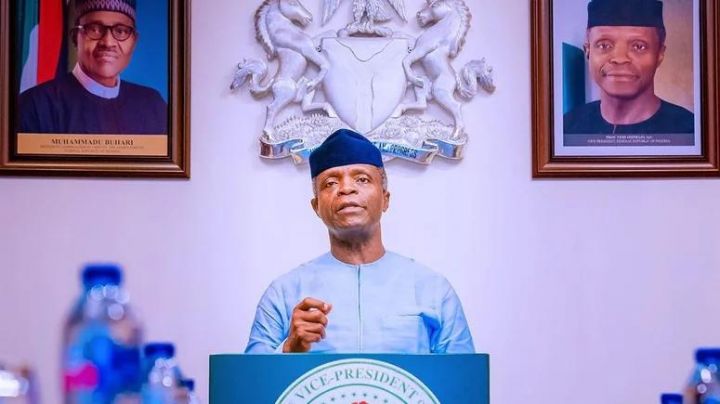The committee, according to the President, is charged with the responsibility of developing and implementing a Health Sector Reform programme for Nigeria in collaboration with state governments and the Federal Capital Territory (FCT) administration in the next six months.

To make sure that the committee meets its mandate, stakeholders are setting agenda for the project aimed at throwing up the various anomalies bedeviling the country’s health sector and drawing a roadmap for the sector.
A consultant obstetrician and gynecologist and medical director, Optimal Specialist Hospital, Surulere Lagos, Dr. Ugochukwu Chukwunenye, told The Guardian: “The problems of the health sector cannot be solved by an ad hoc committee. There is a need to put square pegs in square holes, ensure the appointees achieve appropriately set targets, and are backed up with appropriate funds, which must be judiciously utilised. The only evidence that the political will is there, is when the top echelon of the government and those at the commanding heights of business, religion, and tradition renounce medical tourism and receive all their health needs within the country.”
Also, the Nigerian Medical Association (NMA) has expressed appreciation to Mr. President for selecting its President as a member of the recently constituted Health Sector Reform Committee under the Chairmanship of Mr. Vice-President, Prof. Yemi Osinbajo, GCON, SAN.
President NMA, Prof. Innocent Ujah, told The Guardian the association had in a recent meeting with Mr. President, assured him that they should do all they could to robustly contribute to the generation of document by this high-level Committee that will drive the much-needed reform in the health sector.
Ujah, also, urged President Muhammadu Buhari to establish a health infrastructure bank.
Ujah said: “NMA appeals and requests the government to establish Health Bank (Health Infrastructure Bank), akin to Bank of Industries (BOI) and Bank of Agriculture (BOA). The Health Bank will allow the Medical and Dental practitioners to obtain loans to improve their facilities with single-digit interest and a period of moratorium. This will afford practitioners the opportunity to improve their practice and will in turn lead to better health care for our citizens as well as encourage our diaspora doctors to come back and build world-class facilities, thereby changing brain drain to brain gain (reverse brain drain). This is what was done in India that led to the expansion of medical management with attendant medical tourism seen in that country. Such examples include Apollo and Forbes Hospitals in India among others.
“We also seek for a special intervention fund for our Government Tertiary Health Institutions to strengthen their practice and care for our people, similar to what is being done in education by Tertiary Trust Fund (TETIUND) for Nigerian Universities, Polytechnics, and Colleges of Education.
“Mr. President Sir, NMA is in loyal agreement with the concept and spirit behind Health Infrastructure Bank and the sponsored bill for an act to establish a Health Infrastructure Bank and other related matters before the National Assembly. It is a welcome development for innovative health care financing, which Nigeria desperately desires for its huge population. We wish to appeal and request Mr. President to assent to this bill when presented. Infrastructure and equipment have been one of the major barriers to quality health care system in Nigeria, including effective research, training and service delivery both in public and private sectors of the economy.”
Ujah, also, appealed to President Buhari to remove import duties on medical equipment. “Provision of healthcare is very expensive, particularly now that it is technology-driven the work over today. Medical equipment is a very expensive component of healthcare development, many of which will have to be imported from other countries. One way of reducing the cost of medical services is to reduce the cost of providing care and reduction of the cost of medical equipment by removing import duties this will greatly reduce the cost of medical treatment to our patients who are poor.”
Support InfoStride News' Credible Journalism: Only credible journalism can guarantee a fair, accountable and transparent society, including democracy and government. It involves a lot of efforts and money. We need your support. Click here to Donate
